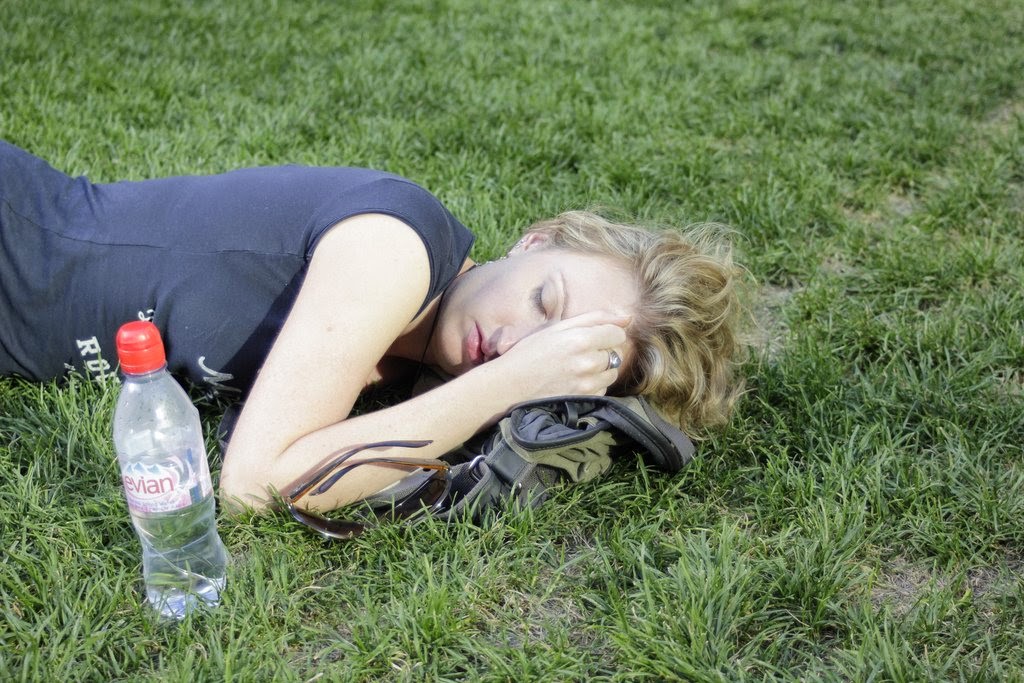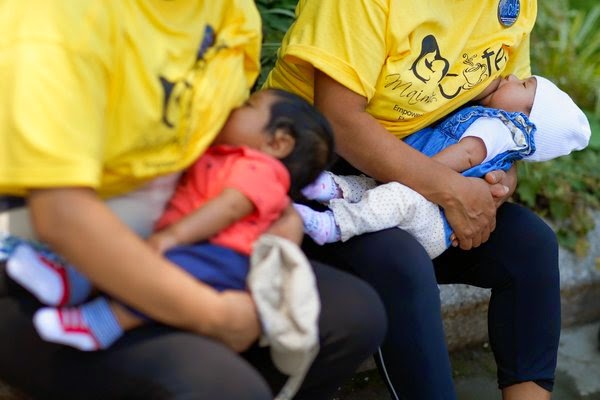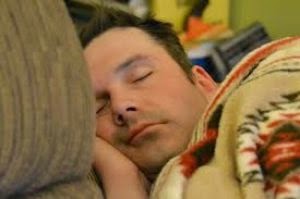NTSB: Engineer’s Sleepiness Caused Deadly Bronx Metro-North Train Derailment
October 28, 2014 5:35 PM NEW YORK (CBSNewYork/AP) — Another stinging report was issued on the Metro-North Railroad Tuesday, concluding this time that a sleep-deprived engineer nodded off at the controls of a Metro-North train just before taking a 30 mph curve at 82 mph, causing a derailment that killed four people and injured more than 70 in the Bronx. As CBS 2’s Don Champion reported, the National Transportation Safety Board report also announced the findings into the investigation of four other Metro-North accidents that occurred in New York and Connecticut in 2013 and 2014, and concluded that the railroad blew off safety …
Snoring, heart disease and sudden death
Notes from Dr. Norman Blumenstock Despite CPAP good efficacy, it fails approximately 50% of the time due to lack of compliance. Philippine Daily Inquirer 4:08 AM | Saturday, October 25th, 2014 So now we know better. Snoring, as a symptom of obstructive sleep apnea (OSA), is definitely not a benign disorder which carries no serious implications. It is linked with the development of difficult-to-treat high blood pressure, heart enlargement, heart failure, diabetes, accidents due to daytime sleepiness, memory lapses, irregular heartbeat and even sudden cardiac death (SCD). Mayo Clinic researchers in the United States studied the sleep characteristics of close …
Sleep Apnea Increases Risk of Atrial Fibrillation After Bypass Surgery
MedicalResearch.com Interview with:Adrian Baranchuk MD FACC FRCPCAssociate Professor of MedicineDirector, EP Training Program Queen’s UniversityKingston, Ontario, CanadaMedical Research: What are the main findings of the study? Dr. Baranchuk: In this study, we investigated whether obstructive sleep apnea increases the risk of atrial fibrillation after coronary artery bypass surgery. We found the risk to increase by approximately two-fold for patients with obstructive sleep apnea, suggesting that this disease is a strong predictor of atrial fibrillation after coronary artery bypass surgery. We also found that the risk increases in patients with more severe obstructive sleep apnea. This is an important association to …
Why It’s Harder To Sleep As We Get Older
ERIN BRODWIN / OCT. 7, 2014, 2:33 PM She makes it look so easy. Sleeping helps us process memories, learn new skills, and stabilize our mood. Yet as we get older, a good night’s sleep becomes a rare commodity. Scientists have struggled for years to find out what makes sleep more elusive as we age. As it turns out, there are a number of factors that change how — and when — we sleep, from shifts in brain activity to a loss of special brain cells that tell us when it’s time to rest. And not getting enough shuteye, no matter our age, can …
How to Use Data to Get Better Sleep
Notes from Dr. Norman Blumenstock All sorts of fitness trackers and bed sensors say they quantify sleep. But once you collect data, what do you do next? PC Magazine reports. Published on September 29, 2014 All sorts of fitness trackers and bed sensors say they quantify sleep. But once you collect data, what do you do next? PC Magazine reports. Collect Additional Data to Correlate The problem is that knowing what times of night you tossed and turned, or how much time in bed you spent asleep or awake, isn’t enough information to guide you to make changes that will help you …
Notes from Dr. Norman Blumenstock SomnoMed provides us four different oral appliances to choose from that can be used for patients with obstructive sleep apnea. Medicare and medical insurance companies generally provide benefits for oral appliance therapy. September 24, 2014 02:40 PM Eastern Daylight Time FRISCO, Texas–(BUSINESS WIRE)–SomnoMed (ASX:SOM) announced this week that it has received Medicare approval for its new SomnoDent® Herbst Advance Classic and Flex oral devices. The devices, which effectively treat obstructive sleep apnea, have received full CMS/PDAC approval and were allocated the HCPCS Code of E0486 for DME billing, allowing for Medicare reimbursement in the United …
Crowdsourcing Campaign Launched for Urine Test to Determine Whether Child Has Sleep Apnea or ADHD
Published on September 17, 2014 For millions of kids, a urine test could mean better, healthier sleep and possibly avoiding a mistaken diagnosis of ADHD. The East Peezy Pee Test is a new diagnostic test in development at NuSomnea that has been found to be 96.5% accurate in determining if a child has pediatric obstructive sleep apnea (OSA), according to NuSomnea. This condition is associated with symptoms often mistaken for attention deficit/hyperactivity disorder (ADHD). This week, NuSomnea launched an Indiegogo fundraising campaign to help complete the development of the urinalysis test and to conduct another validation study in children, to …
Childhood Diet Habits Set in Infancy, Studies Suggest.
Notes from Dr. Norman BlumenstockObesity is a factor in developing sleep apnea. Let’s start early in a attempt to prevent our kids from developing this condition. By CATHERINE SAINT LOUISSEPT. 2, 2014 Efforts to improve what children eat should begin before they even learn to walk, a series of nutritional studies published on Tuesday has found. Taken together, the data indicate that infant feeding patterns persist far longer than has been appreciated. “Our early taste preferences, particularly for fruits and vegetables, and on the flip side for sugary beverages, are lasting,” said Dr. Elsie M. Taveras, chief of the division of …
Too Much Sleep Can Cause Problems
Published on August 29, 2014 With sleep drunkenness in the news, ABC 7 reports on how getting too much sleep can contribute to the problem. For years medical professionals have warned of the hazards of not getting enough sleep. But getting too many Z’s may be responsible for you feeling dazed, disoriented and confused…and possibly perceived by others as a little drunk. “If you’re normally sleeping eight hours or so, then suddenly decide, ‘oh, I’m going to have a really nice weekend’ and you sleep eleven or twelve hours, you may wake up so groggy that you don’t really wake …








